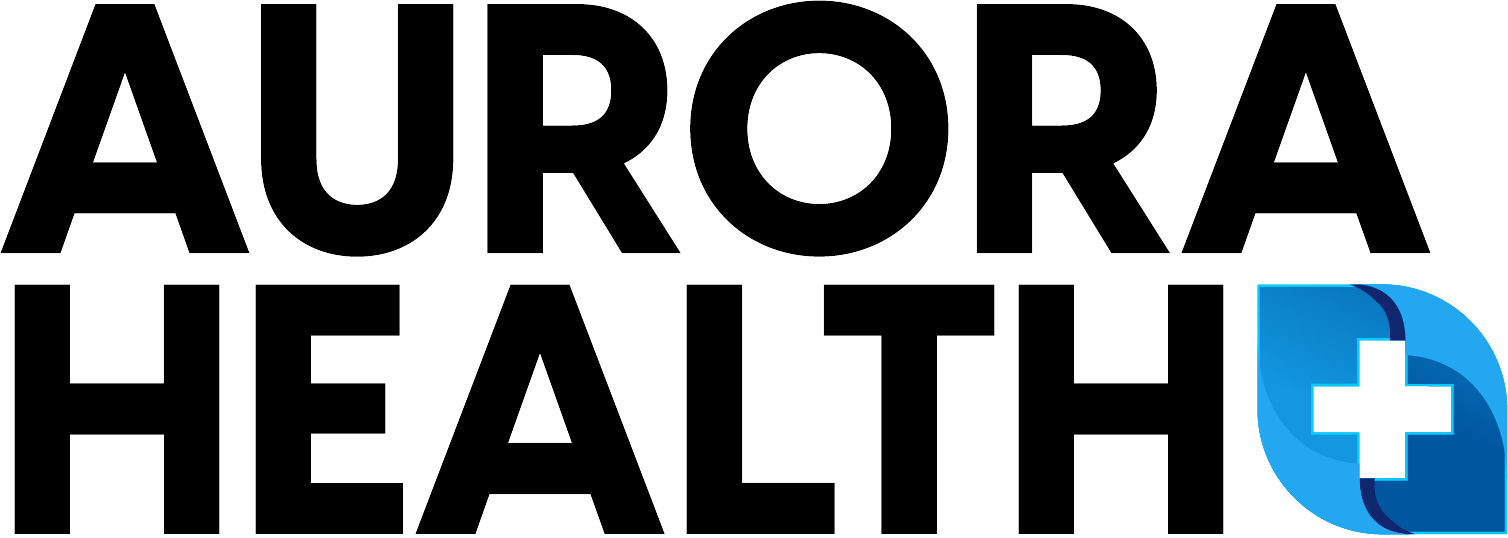Emma Skipped Her Meds
I remember it like it was yesterday. My friend, let’s call her Emma, looked more than just tired; she looked haunted. When I gently pressed, she confessed. She’d been skipping her thyroid medication. Not forgetting, no. That $37 co-pay, the one that kept her thyroid in check, was the same $37 her son desperately needed for new school shoes. The way her hands shook slightly as she told me, as if counting out phantom coins she couldn’t afford, it was a gut punch. Here was someone I loved, forced into an impossible choice: her own health or her child’s basic needs. It hit me hard. We’re bombarded with advice on diets, exercise, sleep… But when do we ever talk about the crushing weight of money? And trust me, it’s a big, unhealthy elephant in the room.
Here’s a shocker for you:
A staggering 72% of Americans who feel stressed blame money.
And it’s not just ‘in their heads.’ Their bodies are paying a brutal price. That conversation with Emma sent me down a rabbit hole. I started digging, and what I uncovered is something most doctors won’t bring up in your annual check-up, but it’s a secret that could literally save your life.
What’s Really Happening Inside You
It’s tempting to think of stress as just a mental game, right? But financial stress, that constant, gnawing worry about bills and debt, is a physical menace. Right now, your cortisol might be spiking from that unpaid bill you’re avoiding – here’s how to understand what’s happening and start to stop the damage.
The Cortisol Flood
When you’re constantly worried about making ends meet, your body is flooded with cortisol. This is the stress hormone. A little bit helps in a pinch, like getting you out of danger. But imagine leaving your car engine running 24/7; eventually, it’s going to break down. That’s what chronic financial stress does to you. I remember my own doctor looking at my labs during a rough patch and saying, ‘Your stress belly is literally killing you.’ He wasn’t wrong.
From Stress to Sickness
This non-stop cortisol bath triggers inflammation, a key culprit behind so many chronic diseases. We’re talking about that stubborn weight gain, especially around your middle. We’re talking about heart disease. In fact, according to the American Psychological Association:
“High debt increases heart attack risk by 20%.”
That’s not a small number. That’s a serious, life-altering risk tied directly to your bank account.
The Sleep-Money Paradox
And then there’s sleep, or the lack of it. How many nights have you stared at the ceiling, your mind racing with financial ‘what-ifs’? I know I’ve lost count. This lack of sleep doesn’t just make you tired; it wreaks havoc on your metabolism, weakens your immune system, and tanks your mood. It’s a vicious cycle, this silent killer in your wallet, and it’s time we faced it head-on.
The Food Fight You Can’t Afford To Lose
This financial stress cycle doesn’t just steal your sleep — it hijacks your grocery cart next. Walk with me down the fluorescent-lit aisles of America’s budget food trap.
“Just eat healthier!” Oh, if only it were that simple. For so many, that advice feels like a slap in the face. I’ve seen it myself. In the Chicago neighborhood where my friend Emma lives, the nearest store with a decent selection of fresh produce is a 45-minute bus ride away. The corner store’s ‘vegetable’ section? Potatoes and ketchup. These areas, sometimes called ‘food deserts,’ leave people with few options beyond cheap, processed foods that lack vital nutrients.
When your budget is screaming, that $1 box of instant noodles versus a $4 bunch of fresh spinach isn’t really a choice, is it? The USDA lays out the grim facts:
Lower-income households often consume 30% fewer vegetables simply due to cost and access.
Processed foods can seem cheaper per calorie, but they’re bankrupting our health.
I was on a health forum the other day, and someone shared their story. After a small pay bump, they shifted to mostly whole, organic foods. Their words? ‘My energy levels are up by 300%, and my doctor was shocked when my inflammation markers dropped by half.’ It’s not just about willpower; it’s about access and affordability. I know another woman, Sarah, a busy mom. When she managed to swap just two processed meals a week for whole food alternatives, her prediabetes reversed in three months. Three months! Small changes, big impact, if you can just find the wiggle room in the budget.
Uncovering The Truth About Wellness Costs
So, if healthy food is a battle, what about those ‘extras’ like vitamins or seeing a doctor *before* you’re really sick? This is where things get even trickier, and where some common ‘wisdom’ is actually keeping you unwell. Let’s bust some myths.
Lie #1: Supplements are just expensive extras.** The truth? For many of us not getting perfect nutrition from our food (thanks, budget food trap!), quality supplements are essential. Think about it – how much does a week of feeling awful with the flu cost you in lost wages or productivity? One study suggested that regular targeted supplementation could save individuals an average equivalent of $1,200 a year in reduced sick days and medical costs. Suddenly, that bottle of Vitamin D doesn’t seem so pricey.
Lie #2: All vitamin brands are created equal, so just buy the cheapest.** I wish this were true, but it’s not. Your body needs nutrients in forms it can actually absorb and use. Many budget brands use cheaper, less bioavailable forms or are packed with fillers. You might be saving a few bucks upfront, but if your body isn’t using those vitamins, you’re just creating expensive waste and still missing out on the health benefits. It pays to do a little research for quality.
Lie #3: Preventive check-ups are a luxury you can skip if you feel fine.** This is perhaps the most dangerous lie. Waiting until you’re sick is like waiting for your house to burn down before buying a smoke detector. The CDC estimates that every $1 spent on preventive care can save up to $6 in long-term health costs. Catching something early, whether it’s high blood pressure or a vitamin deficiency, is almost always easier and cheaper to manage than a full-blown crisis down the line. Don’t let fear of cost keep you from these vital screenings.
Finding The ‘Extra’ For A Healthier You
Okay, so we know money stress is bad, healthy food can be pricey, and quality supplements and preventive care matter. It can feel overwhelming, like you need a lottery win to get healthy. But what if I told you that even a small amount of extra income, strategically used, could make a world of difference?
I have a colleague, let’s call her Maria. She was struggling with fatigue, brain fog, and her doctor kept flagging her rising blood sugar. She knew she needed to eat better and get more active, but her budget was stretched to its absolute limit. Then, she started dedicating just a few hours a week to online freelance writing, a skill she already had. It wasn’t a fortune, maybe an extra $200-$300 a month. But here’s what she did with it:
She joined a budget-friendly local gym. She started buying more fresh, organic produce and better quality protein. Six months later? Her bloodwork was dramatically improved, her energy was back, and she told me, ‘That little bit of side income didn’t just change my finances; it gave me my health back.’
Maria’s story isn’t unique. Many people are finding creative ways to fund their wellness:
* Taking online surveys for gift cards to grocery stores.
* Reselling unused clothes or household items on apps.
* Offering a skill like pet-sitting, tutoring, or crafting for a few hours a week.
It’s not about becoming a millionaire overnight. It’s about finding those small streams that can fill the gaps and empower you to make healthier choices.
Your Fast Track To Financial And Physical Relief
Feeling a bit of hope? Good. Because you can start making changes *right now*. Remember, every day you live with high financial stress, your cortisol is working against your metabolism. But the good news? The first 48 hours of making positive changes can create rapid benefits and build momentum. Here’s a quick fix to get you started:
Tonight, Before Bed (10 minutes):
The Subscription Snip:** Grab your phone or laptop. Log into your bank or credit card statement. Identify ONE subscription service you barely use or can live without. That streaming service you signed up for a free trial and forgot? That magazine you never read? Cancel it. The average person can free up $15-$50 a month doing this. Let’s say you find $20.
Tomorrow Morning (15 minutes):
The Smart Swap: Take that $20 you ‘found.’ On your next grocery run, use it to buy a bag of frozen organic spinach (often much cheaper than fresh but just as nutritious, if not more so because it’s picked at peak ripeness) and some good quality eggs. That’s several healthy, protein-packed breakfasts or light meals right there.
*The Discount Dig:** Download a free app that finds prescription discounts or searches for telehealth providers with transparent, often lower, pricing. Just knowing these tools exist can reduce anxiety about future healthcare costs.
This isn’t about overhauling your entire life in two days. It’s about proving to yourself that small, immediate actions can free up resources and reduce stress, which directly benefits your health. This is about taking back control, one small, smart decision at a time. You have more power than you think to break this cycle. What’s one thing you’ll do today?

